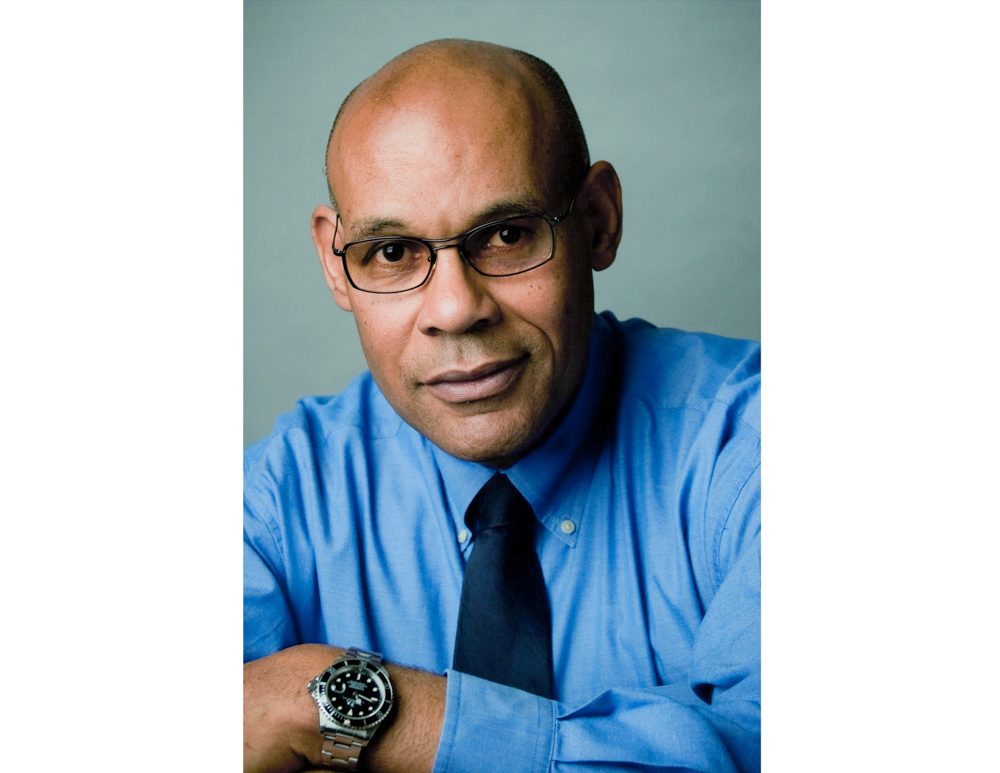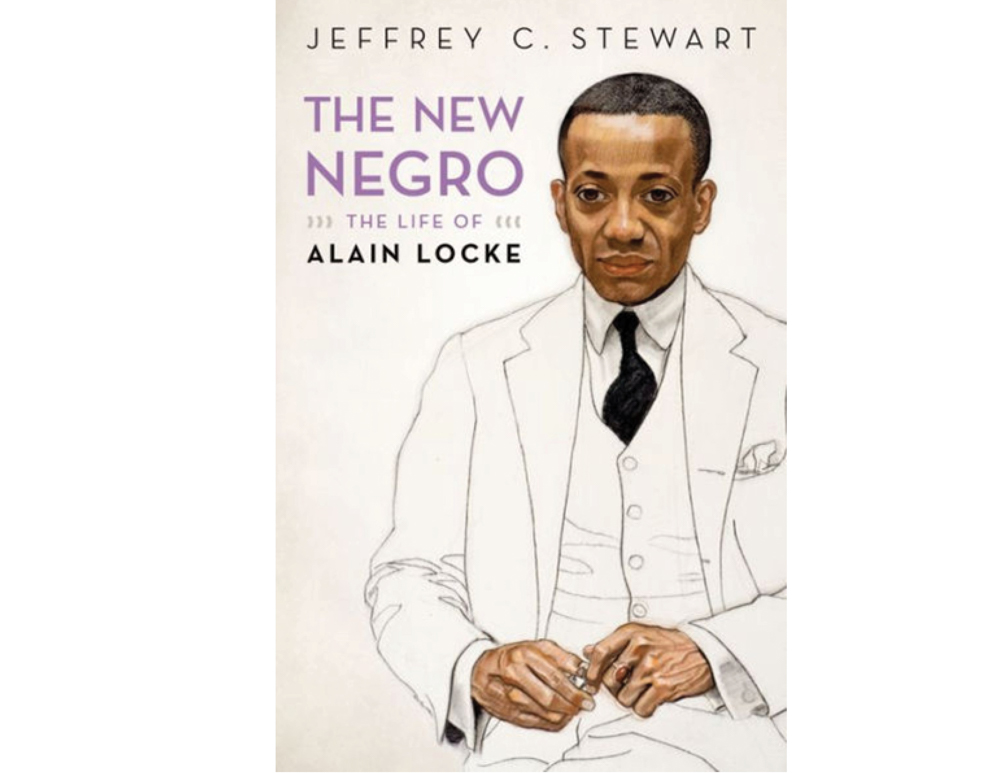UCSB Prof Wins National Book Award
Jeffrey C. Stewart Gets Nod for ‘The New Negro: The Life of Alain Locke’

In 2007, Jeffrey C. Stewart wanted to return to California with his family and settle down, plant some roots. By then, Stewart, a professor of American studies and black studies, had already had a distinguished academic career with stints at Harvard, Howard, and George Mason universities, as well as the University of Rome. He had won fellowships and awards and had authored a book about Paul Robeson and dozens of scholarly articles. Fortunately, the University of California, Santa Barbara, was looking for a new chair of its Department of Black Studies. Stewart accepted that post and held it for eight years. In 2018, still at UCSB, Stewart achieved another professional milestone, winning the prestigious National Book Award for his voluminous and brilliant biography, The New Negro: The Life of Alain Locke.
Stewart earned a BA in philosophy from UC Santa Cruz in 1971, and, several years later while working on his doctorate at Yale, he was introduced to the work of writer Alain Locke by a mentor, John Wesley Blassingame, to whom The New Negro is dedicated. Locke was also a philosopher who had graduated from Harvard and gone to Oxford as a Rhodes Scholar and was known as the intellectual father of the Harlem Renaissance. But to Stewart’s surprise, for all his accomplishments, Locke wasn’t particularly well known outside of academic circles. That initial introduction sparked a curiosity that persisted for years, and when Stewart spent time with Locke’s papers housed at Howard University, he found his road map for writing Locke’s biography. “I was intrigued,” Stewart told me when we spoke recently, “by what a surprising person Locke was, by the volume and content of those letters, the detail, and by his relationship with his mother.”
The Man in the Book: Alain Locke was raised in a middle-class black family in Philadelphia in the early 20th century, a time when it was common for blacks so situated to adopt the manners, speech, fashion, and mores of Victorian England. These “Black Victorians,” as Stewart calls them, believed they could more easily gain acceptance from whites by rigorously adhering to the unwritten codes of behavior that governed cultured gentlemen and ladies. The preternaturally intelligent Locke adopted these codes with an almost religious fervor, believing that his behavior, sophistication, and intellect were his entryway into an aristocracy of talent. He was correct, to a point. After a successful career at Harvard and selection as a Rhodes Scholar — the first African-American so honored — Locke went off to Oxford anticipating further academic success, possibly a future as a diplomat, and certainly one of accomplishment.

What Locke discovered at his Oxford college was racism, primarily from fellow Rhodes Scholars from the American South. Locke’s fastidious dress, eloquent speech, and regal bearing meant nothing to these white Americans who believed that blacks were inherently inferior and had no business in the same school or at the same supper table with whites. Such blatant, naked racial animus was something of a new experience for Locke. So was academic struggle with courses that included Greek, Latin, and ancient history. Locke’s time at Oxford was marked by frustration and ended without his taking a degree.
Stewart guides the reader through Locke’s eventful life with particular emphasis on the relationship between Locke and his mother and on Locke’s homosexuality. The former, captured in those copious letters Stewart read at Howard, described in minute detail Locke’s comings and goings, the people he met, the friends and enemies he made, his financial woes, the bills his mother should pay and those she should defer, and his philosophical musings. This constant communication was absolutely essential for Locke’s psychic well-being. Without his mother’s steadying presence, Locke easily lost his focus and became emotionally unmoored. The relationship was unusual, more that of husband and wife than mother and son.
As far as his sexuality went, Locke found that he could more openly be himself in England and on the Continent than he could back home in America. Stewart shows the lengths Locke went to balance his sexuality and his need for love and acceptance without jeopardizing his lofty professional ambitions. It was a fine line to walk. “In black studies for much of the ’60s, ’70s, and ’80s,” Stewart said, “biographers shied away from getting too deep into gender or sexuality, but when it comes to Alain Locke, there is no way to compartmentalize his homosexuality; it was as essential to him as his intellect.”
Locke taught at Howard University for many years, where he refined his central thesis that black people could achieve liberation through aesthetics, the radical idea of black beauty and culture. This idea wasn’t universally embraced in the America of the mid-1920s, even within the black community, but the ever resourceful and ambitious Locke persisted in making his case for liberation through art. Black people, Locke believed, had the right to beauty in their own lives; they were a people with a culture and history, and they could write, paint, sing, and create independent of white society.
When I asked Stewart what he wanted readers to know about Alain Locke, he said, without hesitation, that it was Locke’s persistence and resourcefulness. “He was a tiny man physically, 4′11″ tall, easily overlooked in a crowd. He was queer and black at a time when it wasn’t advantageous to be either. His complicated personality and towering intellect put some people off. He could be calculating and scheming. In advancing the idea that America should embrace ethnic differences rather than fear them, he had many doors closed in his face, but he never allowed that to deter him. He just found other ways.”



